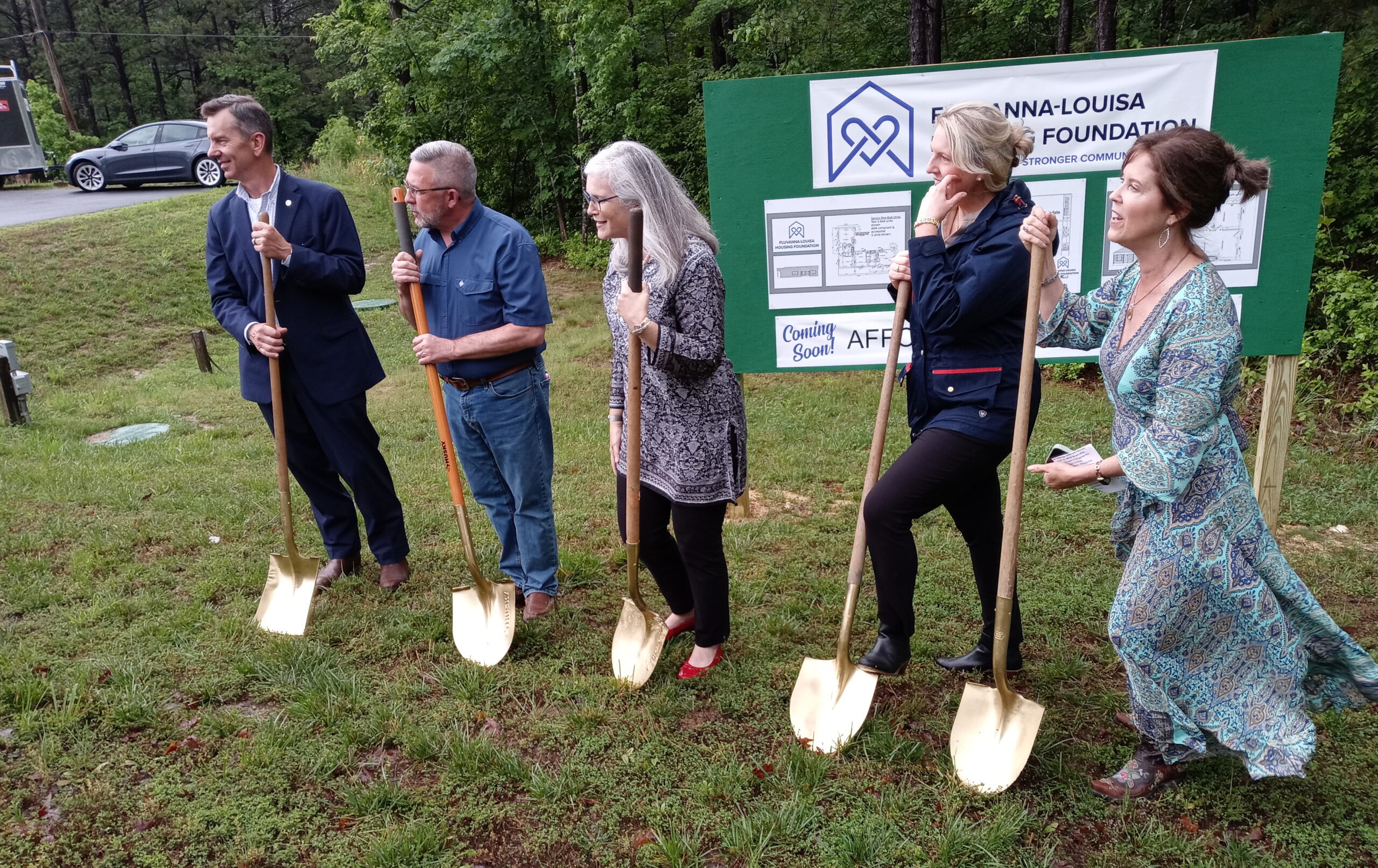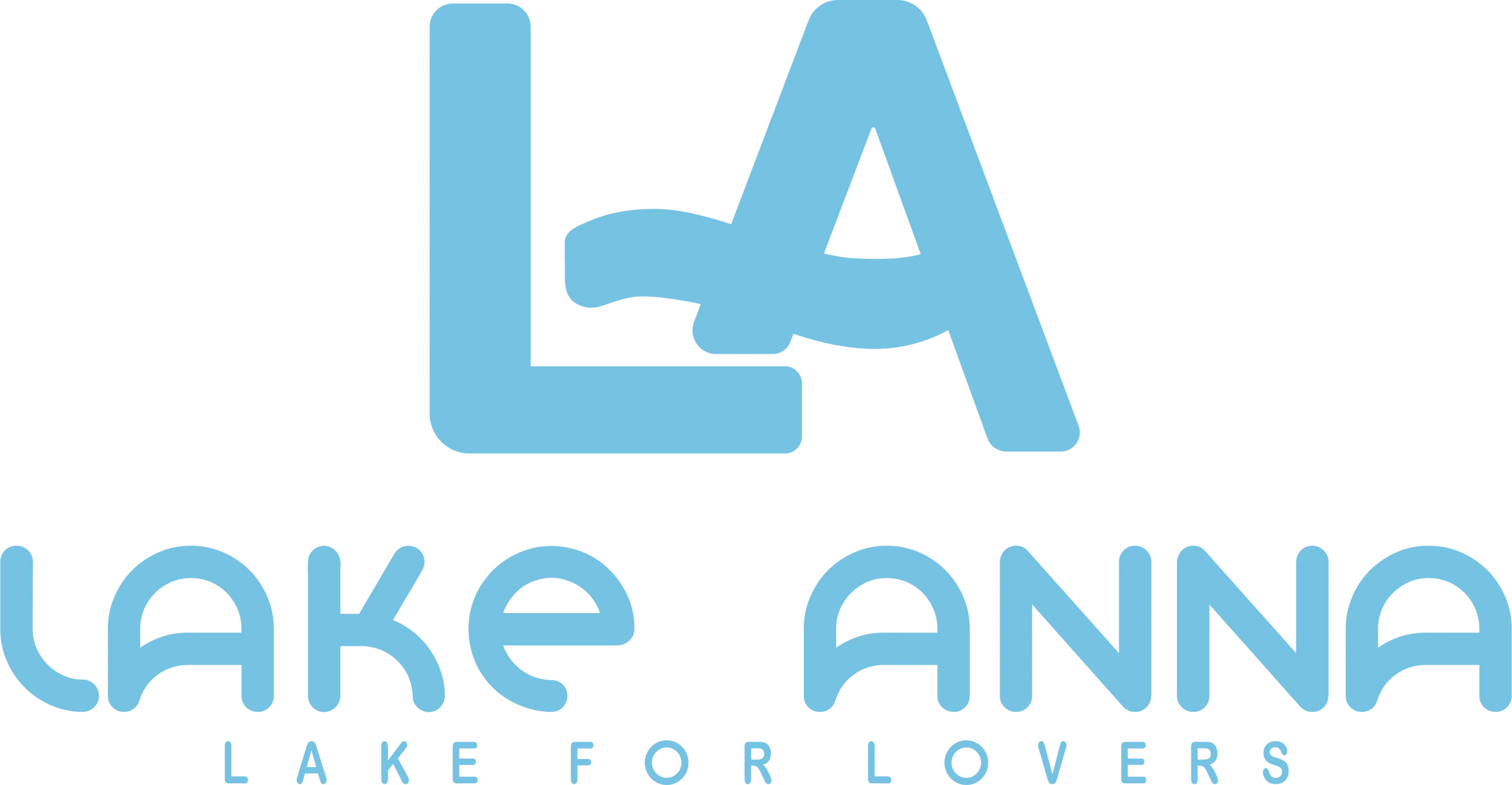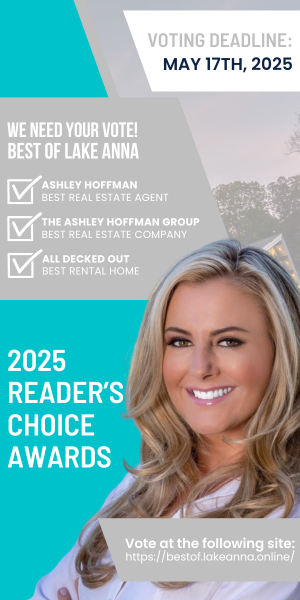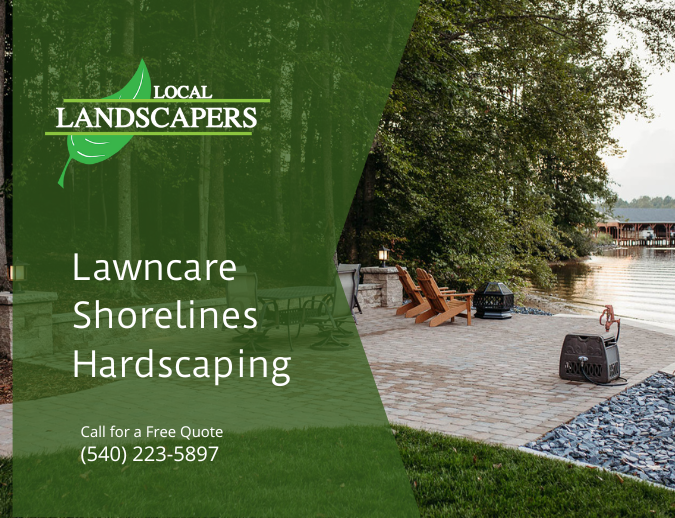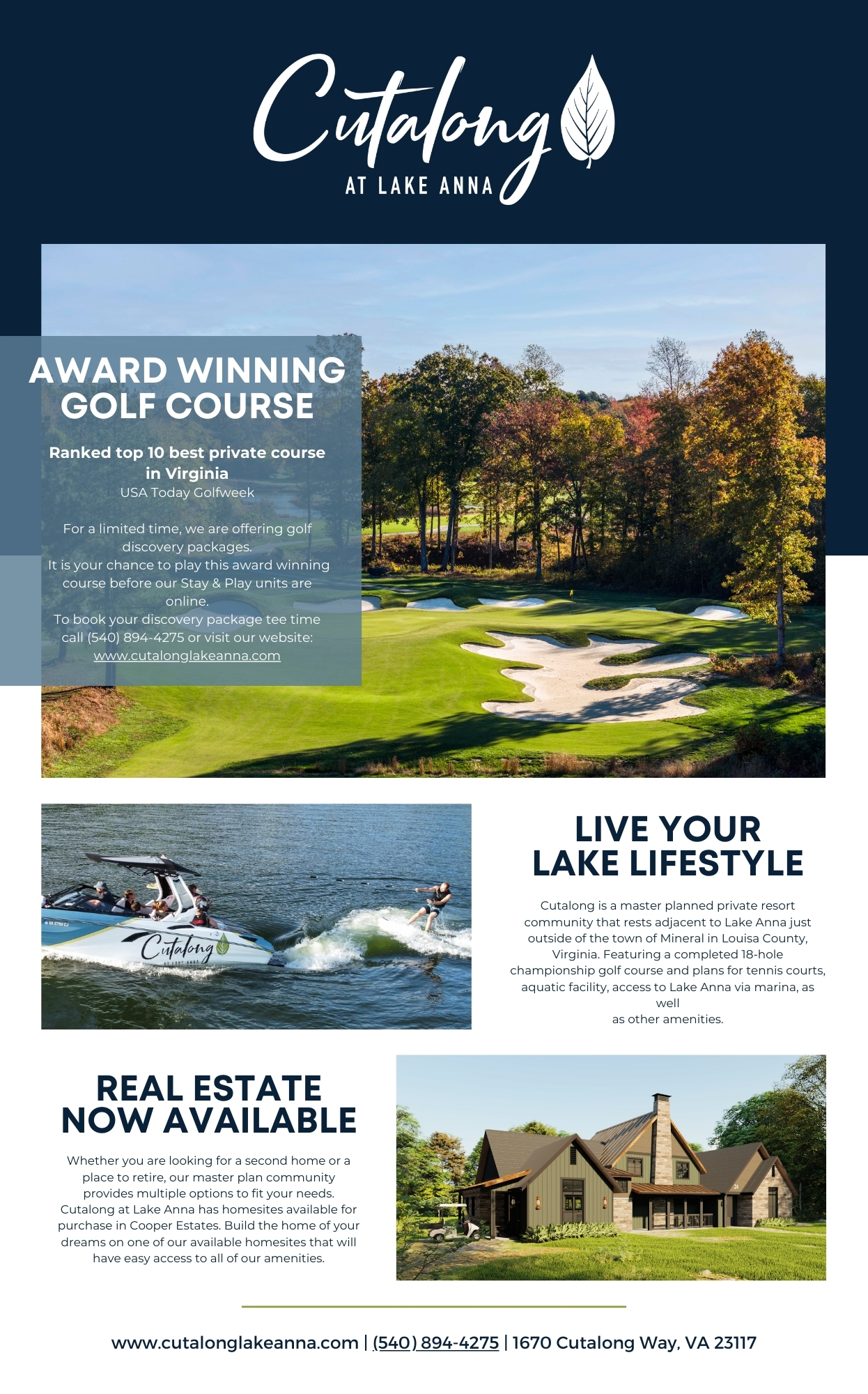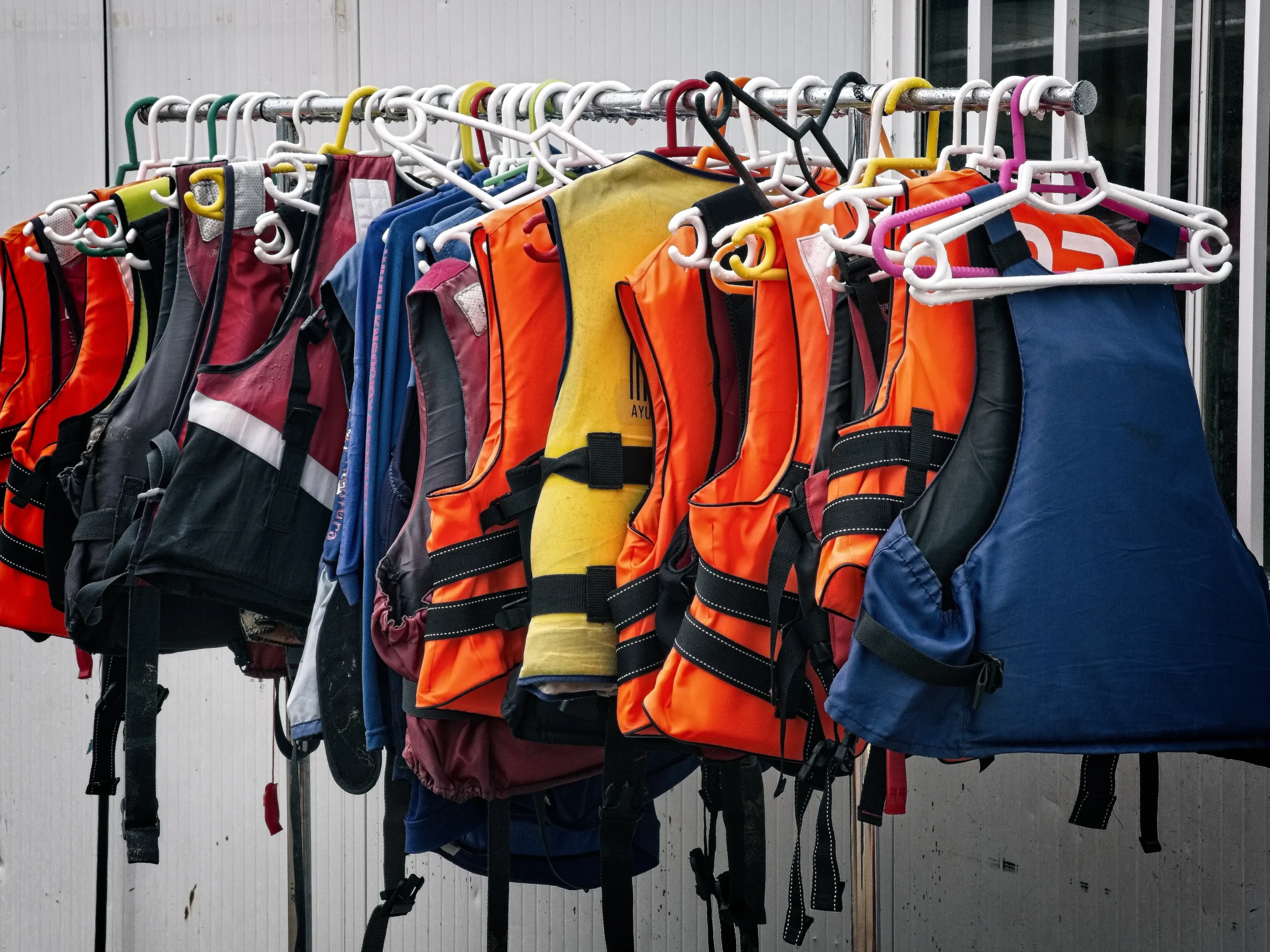
When it comes to boat rentals at Lake Anna, safety is paramount. The first thing to remember is that all operators of motorboats with engines of 10 horsepower or greater, regardless of age, and all personal watercraft (PWC) operators aged 14 and older, must complete a boating safety course. If you’re under 14 years old, you are not permitted to operate a boat. Safety education is the foundation of responsible boating.
For novice captains, it’s advisable to seek the guidance of a friend or family member with prior boating experience. Before embarking on your aquatic adventure, you’ll be required to complete a course on boat operation and safety procedures, including how to handle emergencies. Always bear in mind that safety should be your top priority when navigating the waters of Lake Anna.
Approach Boating at Lake Anna with Caution
Once you’re out on the glistening lake, it’s crucial to adhere to the established rules and regulations. Lake Anna can become a bustling hub of watercraft during peak seasons, and any lapses in judgment can result in severe accidents. There are certain areas of the lake that require extra caution, such as zones near swimmers, docks, and other boats.
Boating Speed Laws in Virginia
Virginia enforces “safe speed” laws rather than a strict “speed limit on the water.” This means that you must maintain a speed that is safe given the circumstances. Your awareness of other boats, swimmers, and obstacles in the water is vital. The law also mandates slowing down when approaching or passing other boats, docks, and swimmers.
Additionally, you should be aware of Virginia’s “no wake” zones, which are designated areas where you must operate your boat at a “no wake” speed. This essentially means moving slowly enough to avoid creating waves behind your boat. Lake Anna features several of these zones, so familiarize yourself with their locations before embarking on your voyage.
“No wake” is defined as operating your boat at the slowest possible speed while still maintaining steerage. In essence, you should not create waves that could potentially endanger other vessels, boathouses, docks, and the like. A useful rule of thumb is to travel at a speed at which you can come to a stop within the distance you can see ahead, ensuring a safe and enjoyable experience for all on the water.
Unsafe Boating Practices
It’s essential to avoid unsafe boating practices to ensure everyone’s safety on Lake Anna. It is a violation to allow individuals to ride or sit on the bow, gunwales, transom, or decking above the bow of a boat while it’s under power unless adequate guards or railings are installed. Passengers and other individuals aboard a watercraft may use these areas on the ship for mooring, anchoring, casting off, and any other necessary purposes.
Understanding Navigation Regulations
Boating safety shares similarities with driving a car; there are navigation laws in place to ensure safe travels. Most boating accidents result from collisions, whether between two boats or between a boat and a fixed or submerged object. As such, boat operators must adhere to the rules, particularly those regarding lookout and safe speed. Remember these fundamental principles of navigation:
- Right Side = Starboard
- Left Side = Port
For further information on boating safety, visit the Virginia Department of Wildlife Resources (DWR) and consult the Virginia Boater’s Guide.https://dwr.virginia.gov/boating/boaters-guide/
Where to Obtain a Captain’s License in Virginia
Every boat operator must complete a boater safety course and obtain a license from the Virginia Department of Wildlife Resources (DWR). The DWR offers two types of boating safety courses: an online course and a classroom course.
The online course is self-paced and can be taken at your convenience. Alternatively, you can opt for the classroom course, which is taught by certified instructors and must be completed within one day. These classroom courses are available across the state through the DWR, as well as from local organizations such as the United States Coast Guard Auxiliary, U.S. Power Squadrons, and Virginia Marine Police Academy.
For those seeking a convenient option, Boat-ed.com offers an online course that can be completed at your own pace, even over a weekend. This ensures that you’re well-prepared and educated before setting sail on the beautiful Lake Anna, where boater safety is of utmost importance.

Hi! I’m Jennifer Bailey and I partner with entrepreneurs who have massive ideas that could change the world. Most marketing is meaningless. Filled with empty promises, its only job is to bring in new traffic, new leads, and new customers. But I’ve drawn a line in the sand, and I’ve learned that marketing can do so much more than reach business goals and build profit. My methods give businesses the fire and soul they need to reach the right people, set the groundwork for sustainable relationships, and offer true value to the people on both the giving and receiving ends of marketing.
Subscribe for Updates
Sponsors
latest articles
Plan Ahead for a Safe and Sober Holiday Weekend on the Water [Photo Gallery]
![Featured image for “Plan Ahead for a Safe and Sober Holiday Weekend on the Water [Photo Gallery]”](https://lakeanna.online/wp-content/uploads/2025/06/DFW-RIde-Along-8104.jpg)
Fully Community-Funded Rescue Boat Brings Life-Saving Power to the Water
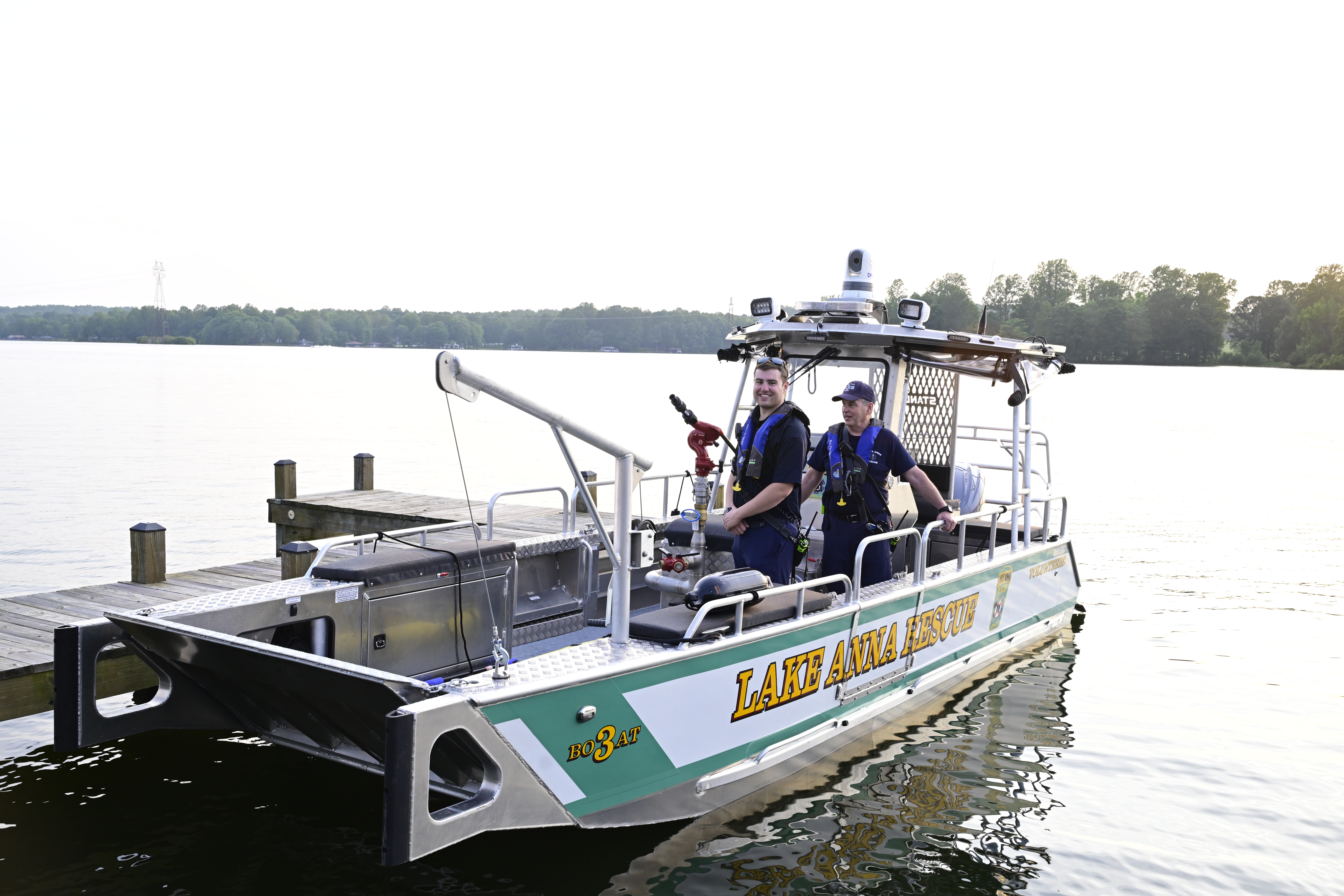
[Sponsored] Holmes on Homes: Business Built on Trust, Grit and Quality
![Featured image for “[Sponsored] Holmes on Homes: Business Built on Trust, Grit and Quality”](https://lakeanna.online/wp-content/uploads/2025/06/FinalHolmes-1.jpg)
Jet Boat Community Celebrates Service and Safety at 2025 Lake Anna Invasion
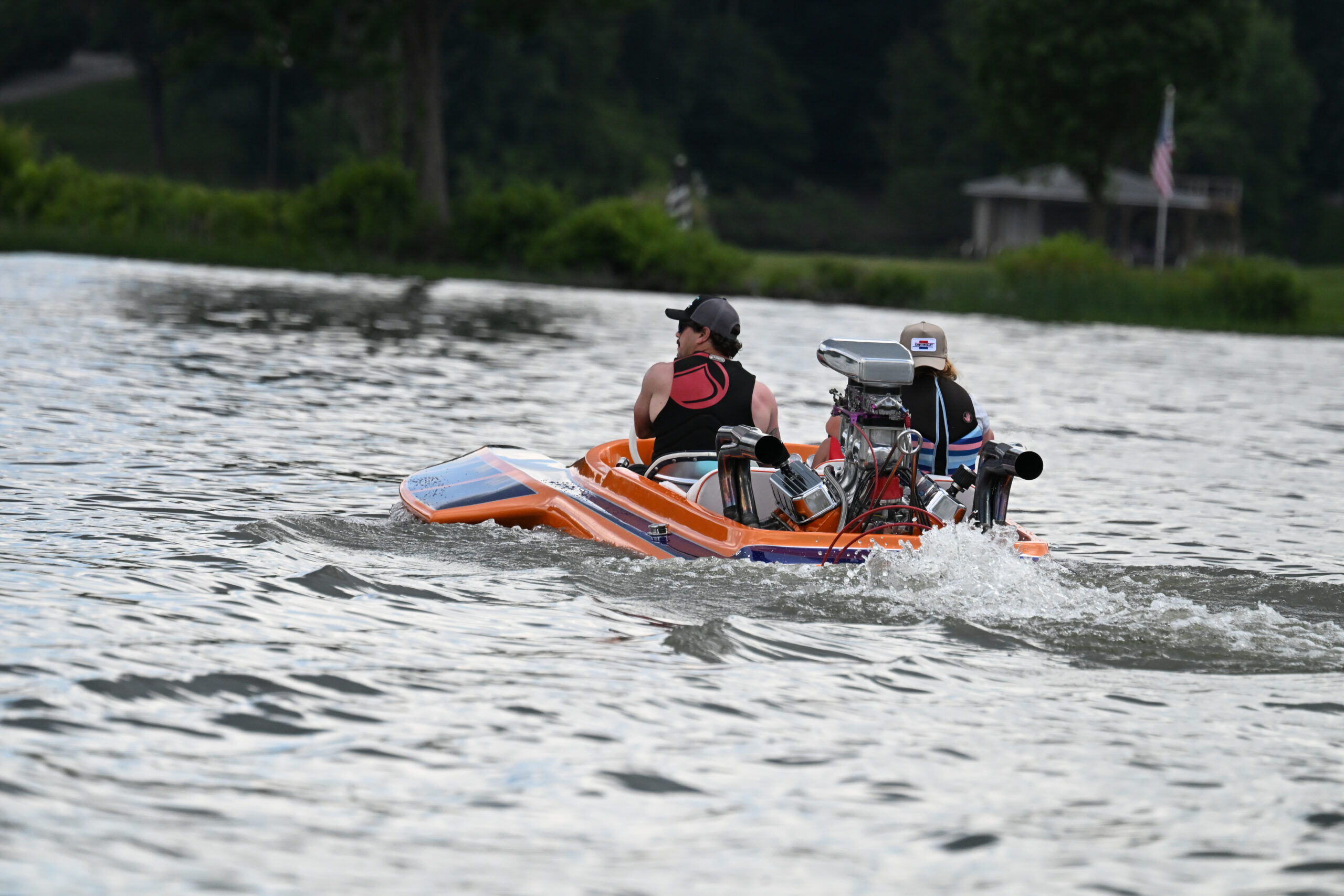
Best of Lake Anna Corrections & Announcements
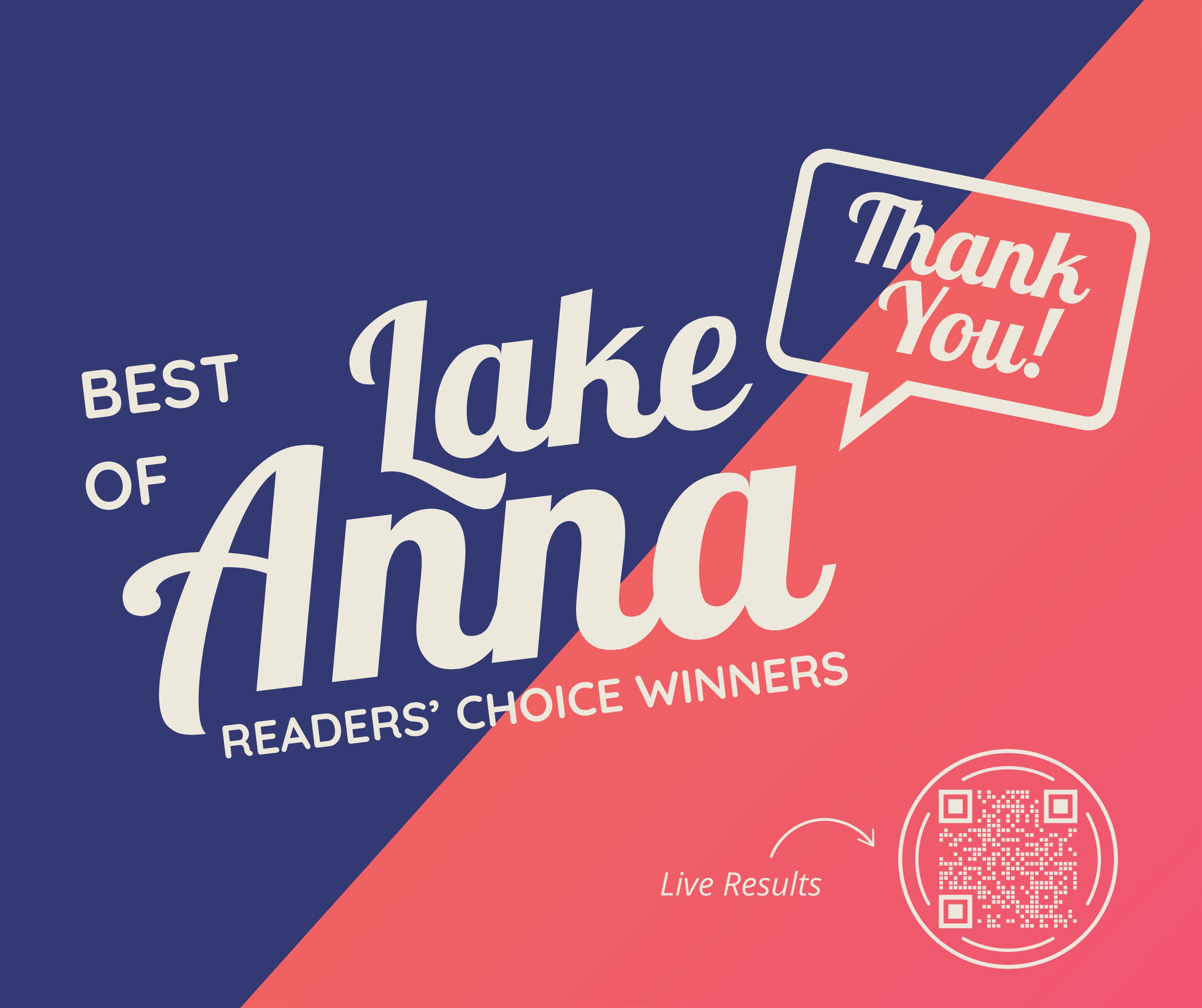
Barometric Tides, Explained
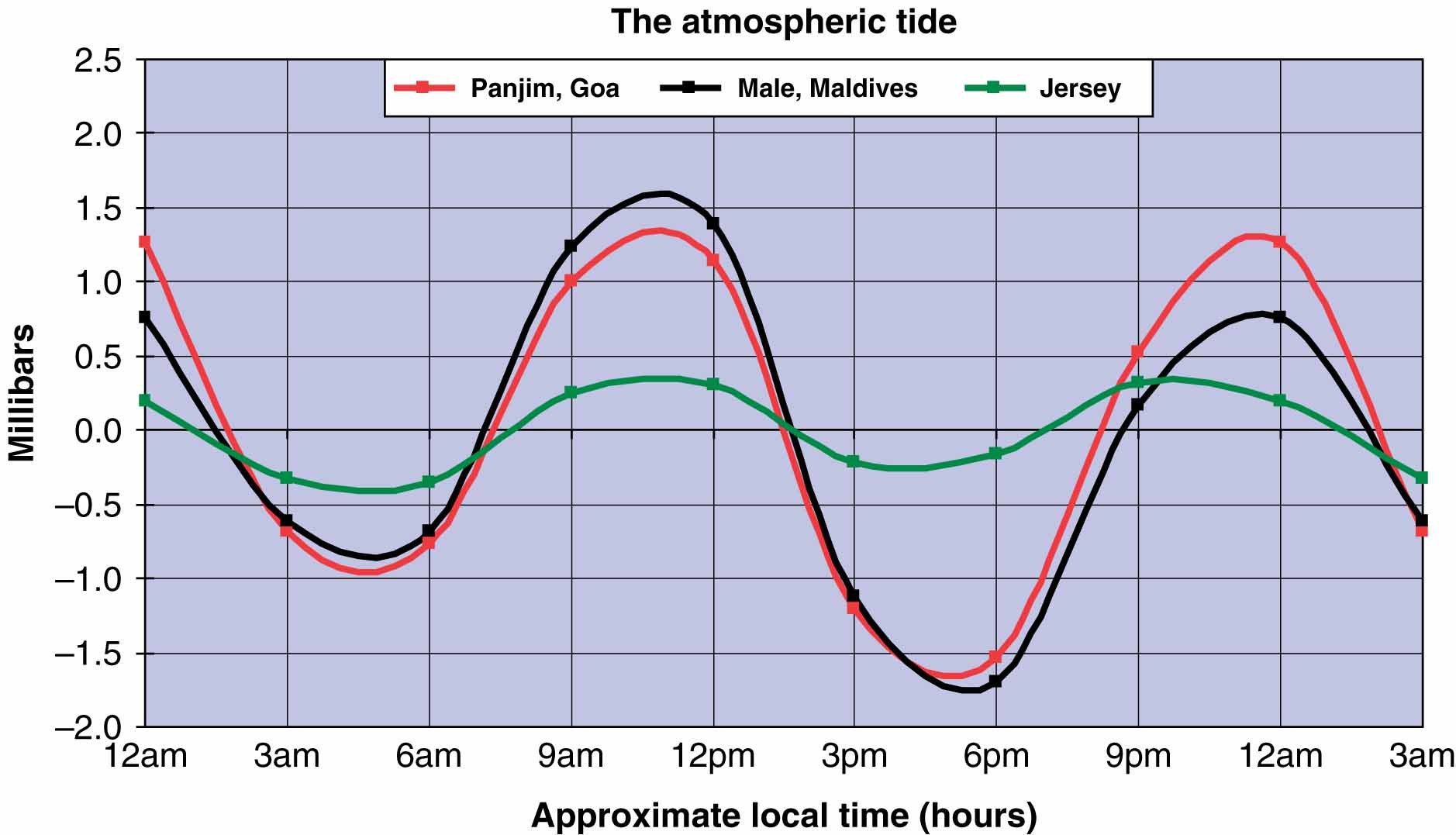
When it comes to boat rentals at Lake Anna, safety is paramount. The first thing to remember is that all operators of motorboats with engines of 10 horsepower or greater, regardless of age, and all personal watercraft (PWC) operators aged 14 and older, must complete a boating safety course. If you’re under 14 years old, you are not permitted to operate a boat. Safety education is the foundation of responsible boating.
For novice captains, it’s advisable to seek the guidance of a friend or family member with prior boating experience. Before embarking on your aquatic adventure, you’ll be required to complete a course on boat operation and safety procedures, including how to handle emergencies. Always bear in mind that safety should be your top priority when navigating the waters of Lake Anna.
Approach Boating at Lake Anna with Caution
Once you’re out on the glistening lake, it’s crucial to adhere to the established rules and regulations. Lake Anna can become a bustling hub of watercraft during peak seasons, and any lapses in judgment can result in severe accidents. There are certain areas of the lake that require extra caution, such as zones near swimmers, docks, and other boats.
Boating Speed Laws in Virginia
Virginia enforces “safe speed” laws rather than a strict “speed limit on the water.” This means that you must maintain a speed that is safe given the circumstances. Your awareness of other boats, swimmers, and obstacles in the water is vital. The law also mandates slowing down when approaching or passing other boats, docks, and swimmers.
Additionally, you should be aware of Virginia’s “no wake” zones, which are designated areas where you must operate your boat at a “no wake” speed. This essentially means moving slowly enough to avoid creating waves behind your boat. Lake Anna features several of these zones, so familiarize yourself with their locations before embarking on your voyage.
“No wake” is defined as operating your boat at the slowest possible speed while still maintaining steerage. In essence, you should not create waves that could potentially endanger other vessels, boathouses, docks, and the like. A useful rule of thumb is to travel at a speed at which you can come to a stop within the distance you can see ahead, ensuring a safe and enjoyable experience for all on the water.
Unsafe Boating Practices
It’s essential to avoid unsafe boating practices to ensure everyone’s safety on Lake Anna. It is a violation to allow individuals to ride or sit on the bow, gunwales, transom, or decking above the bow of a boat while it’s under power unless adequate guards or railings are installed. Passengers and other individuals aboard a watercraft may use these areas on the ship for mooring, anchoring, casting off, and any other necessary purposes.
Understanding Navigation Regulations
Boating safety shares similarities with driving a car; there are navigation laws in place to ensure safe travels. Most boating accidents result from collisions, whether between two boats or between a boat and a fixed or submerged object. As such, boat operators must adhere to the rules, particularly those regarding lookout and safe speed. Remember these fundamental principles of navigation:
- Right Side = Starboard
- Left Side = Port
For further information on boating safety, visit the Virginia Department of Wildlife Resources (DWR) and consult the Virginia Boater’s Guide.https://dwr.virginia.gov/boating/boaters-guide/
Where to Obtain a Captain’s License in Virginia
Every boat operator must complete a boater safety course and obtain a license from the Virginia Department of Wildlife Resources (DWR). The DWR offers two types of boating safety courses: an online course and a classroom course.
The online course is self-paced and can be taken at your convenience. Alternatively, you can opt for the classroom course, which is taught by certified instructors and must be completed within one day. These classroom courses are available across the state through the DWR, as well as from local organizations such as the United States Coast Guard Auxiliary, U.S. Power Squadrons, and Virginia Marine Police Academy.
For those seeking a convenient option, Boat-ed.com offers an online course that can be completed at your own pace, even over a weekend. This ensures that you’re well-prepared and educated before setting sail on the beautiful Lake Anna, where boater safety is of utmost importance.

Hi! I’m Jennifer Bailey and I partner with entrepreneurs who have massive ideas that could change the world. Most marketing is meaningless. Filled with empty promises, its only job is to bring in new traffic, new leads, and new customers. But I’ve drawn a line in the sand, and I’ve learned that marketing can do so much more than reach business goals and build profit. My methods give businesses the fire and soul they need to reach the right people, set the groundwork for sustainable relationships, and offer true value to the people on both the giving and receiving ends of marketing.
Subscribe for Updates
Sponsors
latest articles
Plan Ahead for a Safe and Sober Holiday Weekend on the Water [Photo Gallery]
![Featured image for “Plan Ahead for a Safe and Sober Holiday Weekend on the Water [Photo Gallery]”](https://lakeanna.online/wp-content/uploads/2025/06/DFW-RIde-Along-8104.jpg)
Fully Community-Funded Rescue Boat Brings Life-Saving Power to the Water

[Sponsored] Holmes on Homes: Business Built on Trust, Grit and Quality
![Featured image for “[Sponsored] Holmes on Homes: Business Built on Trust, Grit and Quality”](https://lakeanna.online/wp-content/uploads/2025/06/FinalHolmes-1.jpg)
Jet Boat Community Celebrates Service and Safety at 2025 Lake Anna Invasion

Best of Lake Anna Corrections & Announcements

Barometric Tides, Explained


Belmont Ruritan Clubs Award $26,000 in Scholarships to Local Seniors
Article By Jen Bailey

Exclusive Golf Excursions for Cutalong Members
Article By Jen Bailey
